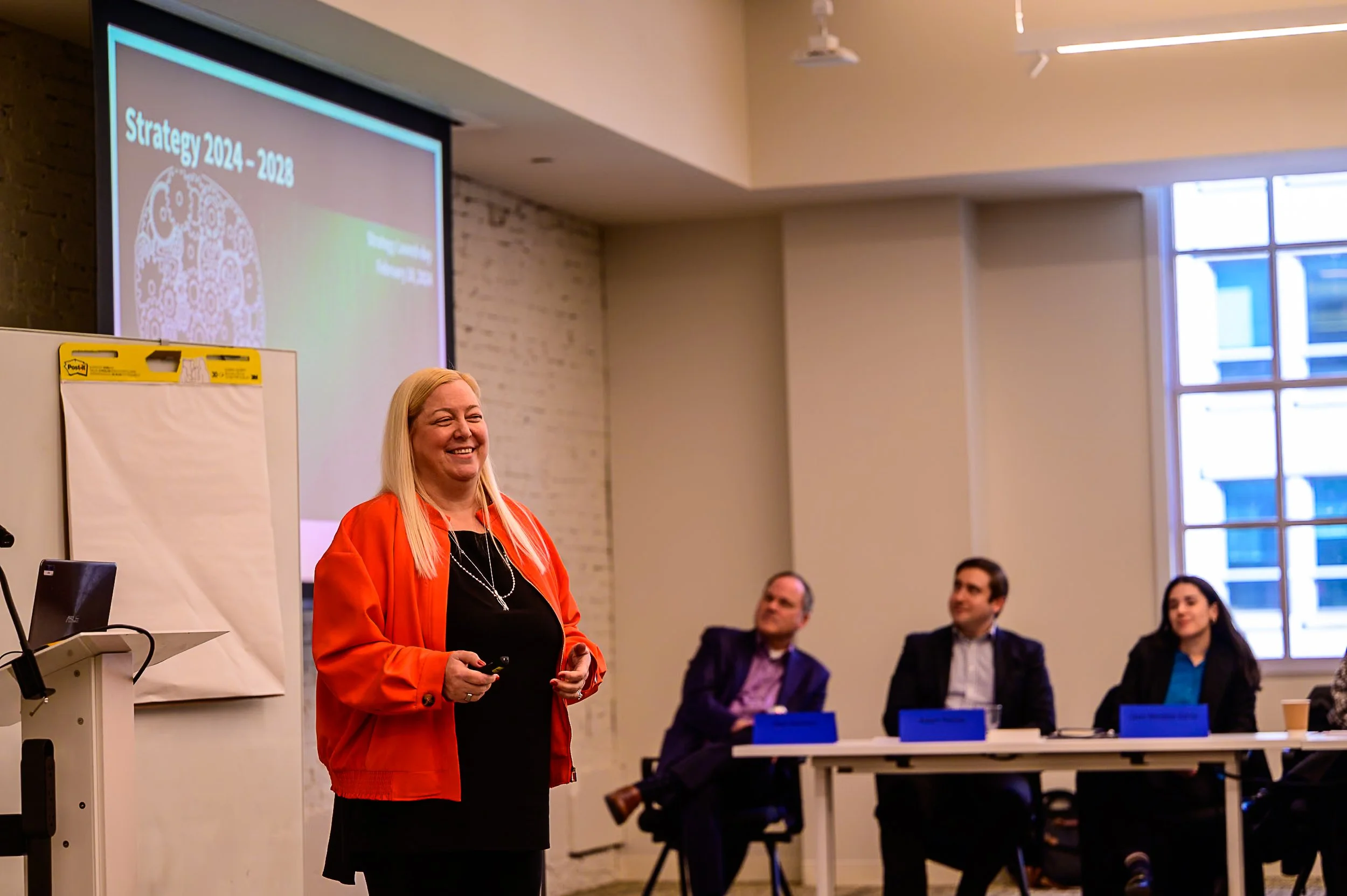
Strategic Portfolio Management (Avoid Efficiently Implementing Bad Ideas)
The Federal Government works hard to efficiently and effectively implement programs using the best project management techniques. Is it possible, though, that agencies (and their private sector counterparts) waste more money and effort executing bad ideas efficiently than they do executing good ideas inefficiently?
Why do “bad” ideas make it through approval gates, and how can agencies improve gate-review decisions?
Most agencies follow the decision-making processes mandated by The Office of Management and Budget (OMB), and many do an admirable job of screening and managing investments. Still, the problem of poor institutional decision-making is common despite these processes.
There are three key factors that determine the success or failure of strategic portfolio investment management efforts:
- The quality and clarity of the investment management processes
- The quality and application of mission-focused, outcome-based performance measures
- The culture and mindset of the people involved in the process
Successful agencies have clear, (relatively) easy-to-use processes that effectively present ideas, plans, and status to decision-makers for review. These decisions are based on a sound and universal understanding of the objectives of the organization, how the initiative relates to these objectives, and the tangible metrics guide and evaluate near- and long-term progress. Critically, at successful agencies, the participants are believers and supporters of the process, committed to open debate that advances and nurtures good ideas while rejecting or fixing bad ideas. Facts, rather than loud voices, prevail in investment decisions.
Of these factors, culture is often the most difficult to manage because it can often be difficult to discuss candidly. Are facts really guiding decisions, or are personalities and personal agendas? Government leaders can change culture, model the mindset they want their programs to follow, and insist on strong processes. A strong investment management culture guides – and even demands – developing and managing strong processes and effective, measurable metrics. In this way, each key success factor reinforces the others.
The right mindsets, clear objectives, and efficient processes can create capital planning systems that promote viable programs that will advance an agency’s mission, creating as much value for the agency and its constituents as the rigor of effective program management implementation.
About Arc Aspicio
Arc Aspicio is a management, strategy, and technology consulting firm that takes a mission-oriented approach to complex client challenges. As a rapidly growing company, Arc Aspicio has a bold strategy for 2016-2018 that drives growth through new capabilities in strategy, design, human capital, data analytics, information sharing, cybersecurity, and strategic communications. The company is known for a strong, collaborative culture that values gratitude – for its clients and its great team. And, #welovedogs! Follow us on Twitter @arcaspicio or learn more at www.arcaspicio.com





















